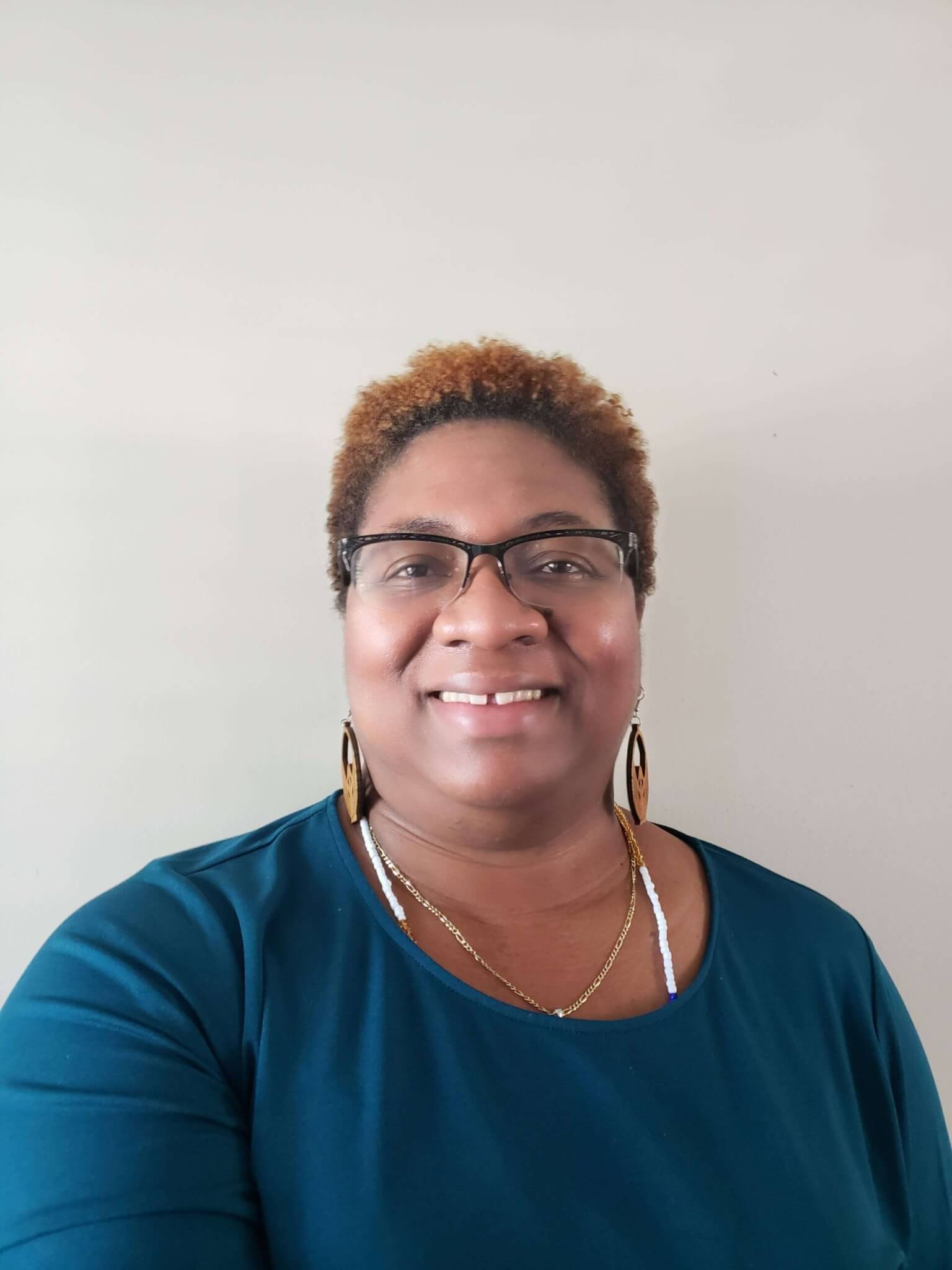Webinar Recap: Intro To DEIB Programs







Diversity, equity, inclusion, and belonging (DEIB) programs are a big part of everyday life, and your workplace certainly isn’t an exception. When done right, DEIB drives the organization’s culture, increases employee engagement, encourages innovation, and creates equal opportunities to grow and progress, regardless of the starting place. If creating a diverse, equitable, and inclusive workplace that fosters a sense of belonging is a priority of yours, the video clips below are your gateway to actionable strategies, featuring coaches Vuyanzi Rodman, Manon Rosenboom Alves, and Rhonda James-Jones.
Why are diversity, equity, inclusion, and belonging programs so critical? Diversity is the representation of different people that make up the entire organization. Equity is about how fair and impartial the workplace is, all people included. Inclusion means everyone feels empowered, trusts leadership to do their work, and feels safe to be their authentic selves. DEIB is more than just the creation of policies, it is the critical foundation that informs the structure to build and support workplace culture and inclusion.
Key takeaways:
Employers conducting DEIB programs effectively are higher performing, more innovative, and have higher retention, effective recruitment, and leadership development.
ERG’s can be a great way to create intentional, inclusive spaces for folks to recharge in their DEIB initiatives.
Employees need to know that team member’s interests are at heart, not just business strategies. Says Coach Rhonda, “we have to adopt a posture of truth-telling, purposeful listening, intentional response, shared accountability, and communal practice.”
With 90% of employees believing that empathy is vital in the workplace (Source: People Management), understanding what your teammates are experiencing is vital. Says Coach Vuyanzi, “When you value yourself you will then value someone else.”
Key takeaways:
Empathy encompasses relating to the thoughts, experiences, and emotions of others. Says Coach Vuyanzi, “Empathy is about being human and humane.”
A good starting point for building empathy can be taking the time to understand your own perspective and consider how this informs your worldview based on your unique experiences. This can more easily help you consider the ways in which other people have had similar or differing experiences informing how they assess and communicate information.
Important attributes of empathy include: having perspective, suspending judgment, recognizing emotions (emotional intelligence is an important aspect of this), and communicating your understanding back.
Unconscious biases (social stereotypes that cloud our judgment) can impact decisions that support diversity and inclusion in the workplace. This has widespread effects on additional areas like hiring and professional development opportunities, and productivity and creativity. Get insight to improve your self-awareness and professional growth with Coach Manon.
Key takeaways:
If companies and teams don’t create an inclusive workplace within the first month, it’s statistically more likely that new hires will leave, especially in remote contexts.
Rewiring unconscious biases starts with awareness, acknowledgment, and reflection. Do the assumptions you currently hold about others benefit or hinder you? Don’t be afraid to seek feedback as it will contribute to your growth.
While language is forever changing and constantly evolving, learning about inclusive language practices is an important first action toward fostering belonging in the workplace. As Coach Vuyanzi shares in the clip below, language can be a powerful gateway to meaningful intention and connection.
Key takeaways:
Employees who feel they can be their whole selves at work are significantly less likely to leave for another position within a year.
Avoid generalizations – take a moment to pause and be intentional. If unsure, ask with the genuine intent to understand.
Empathy, inclusive language, recognizing bias, and intentional communication are all transferable skills for the real work it takes to be in solidarity with others as an authentic ally. Gain a better understanding of allyship with Coach Rhonda below.
Key takeaways:
Start where you are: “We cannot create a culture of allyship if we have not told the truth about where we are individually and as an organization,” says Coach Rhonda.
Actions you can take to demonstrate true allyship include: learn from the experiences of others in historically marginalized communities and invite them to speak for themselves, research the history of the struggles of other people, and acknowledge your own privilege and power and how this might contribute to your participation in systems of oppression.
Ready to transform your workplace to foster a more inclusive and equitable environment for employees? Connect with a Coach 1:1 to create a strategy specific to your work context!
Webinar recorded January 2023